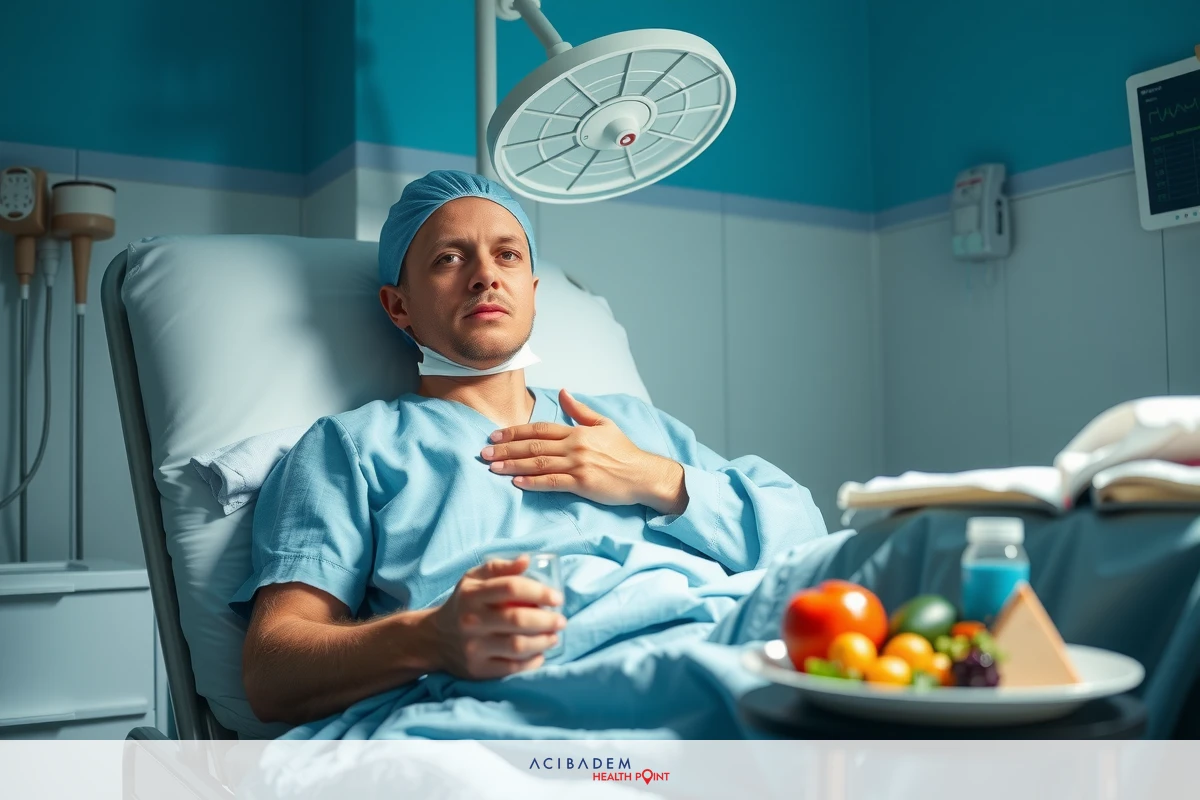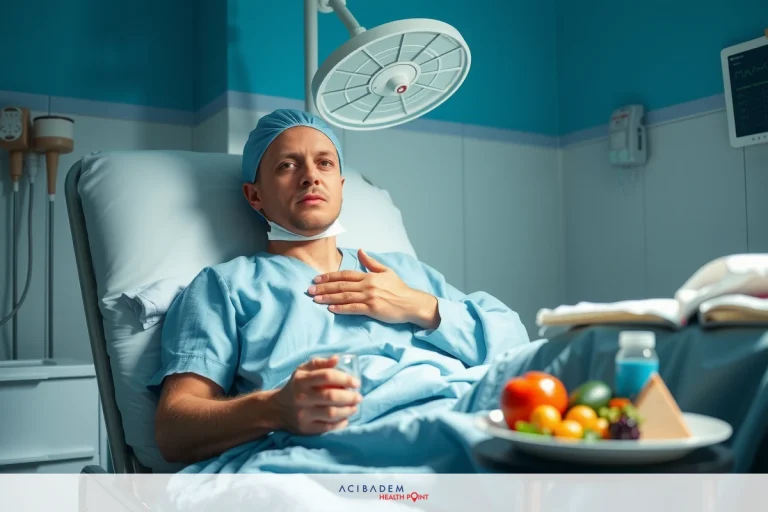What to Do If You Hit Your Nose After Rhinoplasty
What to Do If You Hit Your Nose After Rhinoplasty A post-rhinoplasty incident, such as an accidental hit on the nose, may raise considerable concern. The healing phase that follows the surgical alteration of your nasal structure is immensely delicate. Any minor or major impact could potentially disrupt this process, leading to complications.
To prevent unwarranted disturbances in the recovery trajectory and ensure optimal results from rhinoplasty, it is crucial to be equipped with knowledge about what steps one should undertake if faced with such a situation. Contacting your surgeon without delay and following their guidance can play a pivotal role in managing any potential damage caused by the accident. Implementing preventive measures might mitigate further risks.
Immediate Steps to Take
A sudden, unexpected jolt on the nose after rhinoplasty can be alarming and might send you spiraling into panic. However, knowing the immediate steps to take could potentially make a significant difference in managing such situations effectively. First off, it is crucial not to succumb to anxiety or stress; your body’s healing process benefits from remaining calm. Instead of panicking, ensure that you keep an ice pack handy as applying cold compresses around your nose (not directly onto it) can help with possible swelling.
Furthermore, if there’s any visible bleeding post-impact, gently pinching your nostrils together for about 10 minutes should aid in stopping it. It should be noted that forceful blowing or rubbing of the nose must absolutely be avoided as these actions could exacerbate injury and hamper recovery post-rhinoplasty.
In the eventuality that pain ensues following an accidental hit on your nose after undergoing rhinoplasty surgery, over-the-counter pain relievers may come in handy. Nevertheless, one must refrain from taking aspirin or ibuprofen as they might increase bleeding risks due to their blood-thinning properties. Instead opt for acetaminophen- based medications which are generally considered safer when dealing with injuries.
Ensuring adequate rest is another important step during this time because sleep allows our bodies room for essential repairs at cellular levels – thus promoting speedy recovery post-injury while preventing further complications down the line. Moreover, keeping head elevation higher than heart level when resting helps reduce swelling by
improving circulation and draining fluids away more efficiently from facial area – including surgically restructured nasal region.
Finally yet importantly comes arguably most crucial part: reaching out promptly professional medical advice upon experiencing any kind discomfort disturbance normal healing trajectory post-surgery rhinoplasty procedure especially so if symptoms like persistent pain uncontrolled bleeding persist beyond initial shock accident indicate call action without delay understanding importance acting swiftly under circumstances key safeguarding overall health ensuring successful outcome.
Contacting Your Surgeon
In the wake of an accidental impact on your nose post-rhinoplasty, reaching out to your surgeon for guidance becomes crucial. They are equipped with a detailed understanding of your individual case and have insight into the specific surgical techniques employed during your operation. This familiarity places them in an ideal position to assess any potential damage accurately, guide you through appropriate next steps, and provide necessary care.
Making contact with your surgeon must be among the first actions taken following such an accident. It is not merely about immediate medical attention but also a matter of ensuring long-term success post-rhinoplasty

surgery. Any delay could jeopardize healing processes set in motion by this intricate procedure; it may even modify final results intended from rhinoplasty if left unchecked or untreated promptly.
Your surgeon can offer expert advice tailored specifically to you which might not be found elsewhere like over-the-counter remedies or general health tips online – including adjusting pain management strategies based on intensity discomfort experienced ensuring that additional inflammation controlled correctly avoiding activities could potentially worsen injury providing reassurance during what understandably stressful time patients thus role meritorious recognition within broader framework recovery journey after undergoing rhinoplasty surgery indeed making timely contact proves one most important precautions take when dealing unexpected incidents like accidental hits nasal region especially so delicate phase immediately following such complex procedures as they often carry high demand careful adherence instructions given by healthcare professionals involved patient’s treatment plan ensure optimal outcomes achieved while minimizing risks associated complications down line.
What to Do If You Hit Your Nose After Rhinoplasty: Precautions to Prevent Further Damage
Post-rhinoplasty care is a delicate and intricate process. While it’s crucial to know what immediate actions should be taken following an accidental hit on the nose,
understanding how to prevent further damage is equally important. Here are some precautions that can be undertaken:
- Avoid Physical Strain: High-intensity physical activities or exercises that may cause strain or increase blood pressure must be avoided as they might exacerbate injury and hinder recovery.
- Use Glasses Cautiously: If you wear glasses, special care should be taken in handling them so as not to put undue pressure on your healing nose.
- Rest Well: Ensure adequate rest because sleep allows our bodies room for essential repairs at cellular levels – thus promoting speedy recovery post-injury while preventing further complications down the line.
- Avoid Aspirin and Ibuprofen: Refrain from consuming aspirin or ibuprofen- based medications which have blood-thinning properties and could potentially increase bleeding risks after an accidental impact post-rhinoplasty surgery.
- Nutritious Diet: A balanced diet rich in proteins, vitamins (especially Vitamin K for its clotting properties), minerals, and hydration can aid healing.
Implementing these preventative measures alongside professional medical guidance can significantly lower risk factors associated with potential injuries during rhinoplasty recovery phase — thereby enabling smoother healing journey towards achieving desired improvements in nasal structure functionality aesthetics alike where patient comfort safety paramount importance each step way making sure optimal outcomes realized minimizing chances encountering setbacks form unexpected incidents like accidents hits nasal region particularly critical especially so given delicacy complexity involved such surgical procedures their subsequent post-operative care regimes hence highlighting need careful adherence tips strategies put forth by healthcare professionals involved treatment plan ensure successful completion this complex yet transformative journey towards better quality life improved self-esteem through enhanced facial symmetry courtesy well executed rhinoplasty procedure fully healed without unnecessary disruptions along way due accidents injuries avoided through implementation effective precautionary measures as outlined above.
Frequently Asked Questions
What are the immediate steps to take if I accidentally hit my nose after rhinoplasty surgery?
Remain calm and apply a cold compress around (not directly onto) your nose. If there's any visible bleeding, gently pinch your nostrils together for about 10 minutes. Avoid forceful blowing or rubbing of the nose as these actions could exacerbate injury and hamper recovery post-rhinoplasty.
How important is it to contact my surgeon after hitting my nose post- rhinoplasty?
It's crucial to reach out to your surgeon immediately following such an incident. They can provide tailored advice based on their understanding of your specific case and guide you through appropriate next steps.
Are there precautions that might prevent further damage after an accidental impact on the nose following rhinoplasty surgery?
Yes, some measures include avoiding physical strain, handling glasses with care, ensuring adequate rest, refraining from taking aspirin or ibuprofen due to their blood-thinning properties, and maintaining a balanced diet rich in proteins, vitamins (especially Vitamin K for its clotting properties), minerals alongside hydration.











